Ethical code
ETHICAL CODE IN ISL
"Investigaciones Sobre Lectura”, internationally indexed scientific magazine follows the Publication Ethical Codes (COPE) policies for editors, reviewers and authors.
Please, for further information, refer to the Committee on Publication Ethics website: https://publicationethics.org/
Research on Reading, as an internationally indexed scientific journal, is based on the Code of Ethics of the Publication Ethics Committee (COPE), aimed at editors, reviewers and authors.
Commitments
-To Authors:
Originality and plagiarism: The authors of manuscripts sent to ISL assure that the work is original, that it does not contain parts of other authors or other fragments of works already published by the authors. In addition, they confirm the veracity of the data, that is, that the empirical data have not been altered to verify hypotheses.
Repetitive publications: The author should not publish articles in which the same results are repeated in more than one scientific journal. The simultaneous proposal of the same contribution to multiple scientific journals is considered ethically incorrect and reprehensible.
List of sources: The author must always provide the correct indication of the sources and contributions mentioned in the article.
Authorship: Regarding the authorship of the manuscript, the authors guarantee the inclusion of those persons who have made a significant scientific and intellectual contribution in the conceptualization and planning of the work as well as in the interpretation of the results and in the writing of that At the same time, the authors have been ranked according to their level of responsibility and involvement.
Access and retention: If the editors consider it appropriate, the authors of the articles should also make available the sources or data on which the research is based, which may be kept for a reasonable period of time after publication. and possibly made accessible.
Conflict of interests and disclosure: All the authors are obliged to state explicitly that there are no conflicts of interest that may have influenced the results obtained or the proposed interpretations. The authors should also indicate any funding from agencies and / or projects from which the research article arises.
Errors in published articles: When an author identifies an important error or inaccuracy in his article, he / she must immediately inform the editors of the journal and provide them with all the necessary information to list the pertinent corrections in the journal. bottom of the same article.
Responsibility: all the authors accept responsibility for what has been written. The authors also commit themselves to a review of the most current and relevant scientific literature of the analyzed topic, taking into account in a plural way the different currents of knowledge.
Translation: the acceptance to publish in this journal implies the obligation, on the part of the author or authors, to submit a scientific English version of the journal within a period not exceeding 20 days.
-For Reviewers:
Contribution to the editorial decision: The peer review is a procedure that helps editors to make decisions about the proposed articles and also allows the author to improve the contribution sent for publication. The reviewers assume the commitment to conduct a critical, honest, constructive and unbiased review of both the scientific quality and literary quality of the writing in the field of knowledge and skills.
Respect for the times: The reviewer who does not feel competent in the subject to review or who can not finish the evaluation in the scheduled time will immediately notify the editors. The reviewers undertake to evaluate the works in the shortest possible time to respect the deadlines, given that in ISL the fimites of custody of the waiting manuscripts are limited and inflexible due to respect for the authors and their work.
Confidentiality: Each manuscript assigned must be considered confidential. Therefore, these texts should not be discussed with other people without the express consent of the editors.
Objectivity: The peer review will be carried out objectively. No personal judgment about the authors of the contributions is considered appropriate. The reviewers are obliged to give sufficient reasons for their evaluations. The reviewers will submit a complete critical report with appropriate references according to the ISL revisions protocol and the public regulations for the reviewers; especially if it is proposed that the work be rejected. They are required to warn editors if substantial portions of the work have already been published or are under review for another publication.
Text visualization: The reviewers undertake to indicate with precision the bibliographic references of fundamental works possibly forgotten by the author. They should also inform the editors of any similarities or overlaps of the manuscript with other published works.
Conflict of interest and disclosure: Confidential information or information obtained during the peer review process must be considered confidential and can not be used for personal purposes. The reviewers only review a manuscript if there are no conflicts of interest.
- For Publishers:
Publication decision: the editors will ensure the selection of the most qualified reviewers and specialists scientifically to issue a critical and expert assessment of the work, with the least possible bias. ISL chooses to select between 2 and 4 reviewers for each work in a way that ensures greater objectivity in the review process.
Honesty: the editors evaluate the articles sent for publication only on the basis of the scientific merit of the contents, without discrimination of race, gender, sexual orientation, religion, ethnic origin, nationality, political opinion of the authors /ace.
Confidentiality: the editors and the members of the working group undertake not to disclose the information related to the articles sent for publication to other people who are not authors, reviewers and editors. The editors and the Editorial Committee are committed to the confidentiality of manuscripts, their authors and reviewers, so that anonymity preserves the intellectual integrity of the entire process.
Conflict of interests and disclosure: the editors undertake not to use in their research contents of the articles sent for publication without the written consent of the author.
Respect for the times: the editors are fully responsible for complying with the time limits for revisions and the publication of accepted papers, to ensure rapid dissemination of their results. They commit themselves faithfully to comply with the published times: a maximum of 30 days in the estimation / rejection since the manuscript was received in the Review Platform; and a maximum of 150 days from the beginning of the scientific review process by experts. Likewise, the works will not remain accepted without being published in infinite waiting lists beyond the time just for their edition in the following number. ISL bags of jobs on the waiting list will be avoided.
Source: Comunicar Magazine.
You can consult the ethics standards of COPE (Commitee on Publication Ethics) at the following address: https://publicationethics.org/
In case of conflict, the parties renounce their own jurisdiction and submit themselves to the authority of the courts of Malaga, Spain.

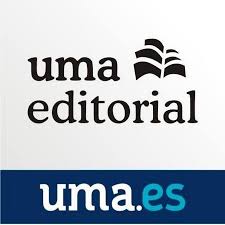
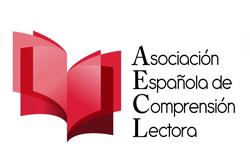
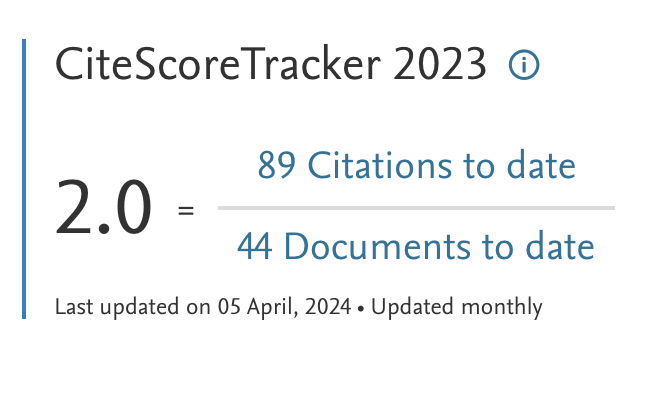
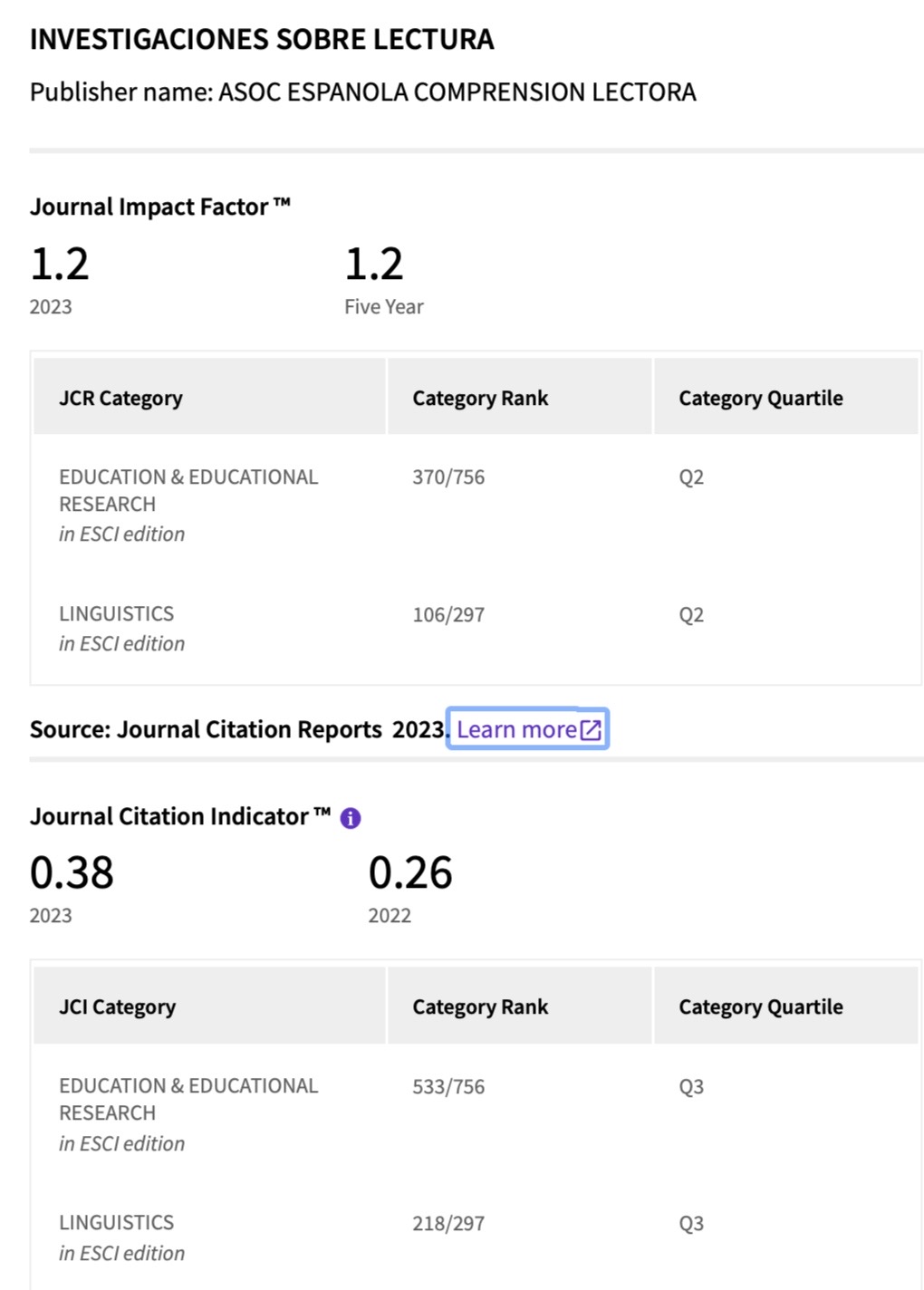
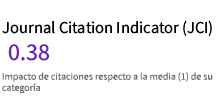
31.png)









